A question often asked and debated is can you gain sufficient protein from a vegan diet. For many people their primary source of protein is from the meat and dairy product they consume, but what happens if you cut all of this out of your diet?
If you have a well planned vegan diet, measured all your macros and know exactly how much protein you need and which sources you can get them from then you may not need vegan protein powder.
However – this is no easy feat. Many Vegans take Vegan Protein Powder as it is an awesome tasting and convenient way to reach your protein requirements with ease without adding additional calories to your diet too.
Nearly all plants, grains, lentils, beans nuts and seeds all contain sources of protein, though in much smaller quantities than meat, and as such requires you to eat more to sustain the same amount of amino acids and proteins you would consume while eating meat and dairy products.
This is attainable for those who do not take part in physical exercise, but if you’re wanting to gain muscle mass then you may struggle to eat adequate amounts of protein from your vegan diet without the help of Vegan Protein Powder.

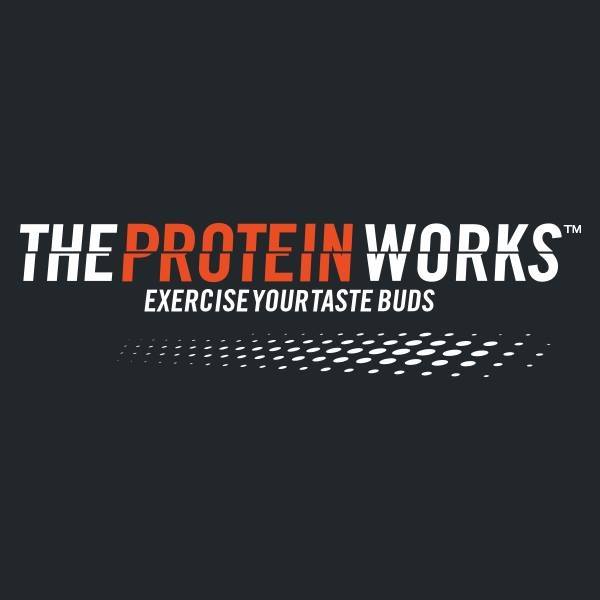

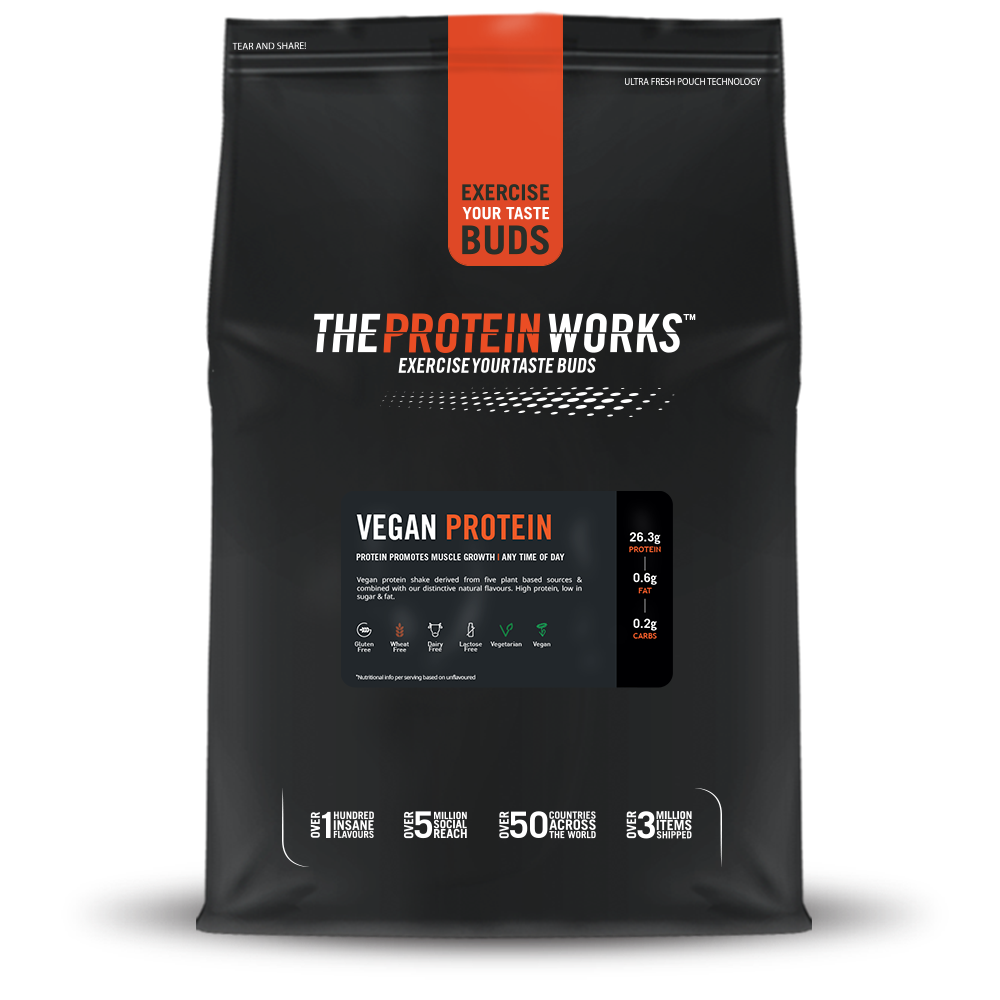


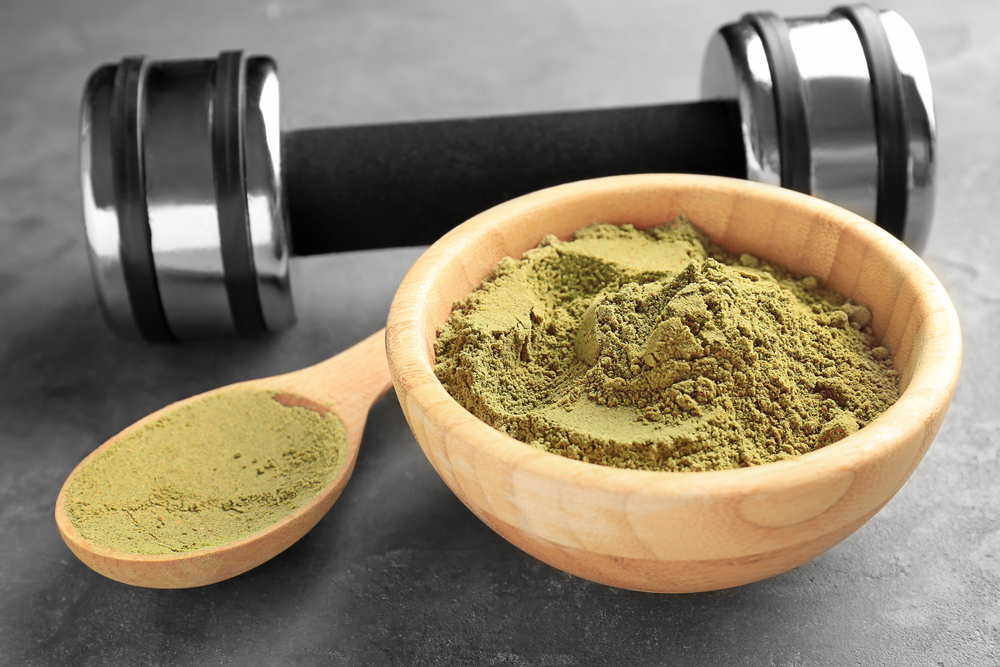
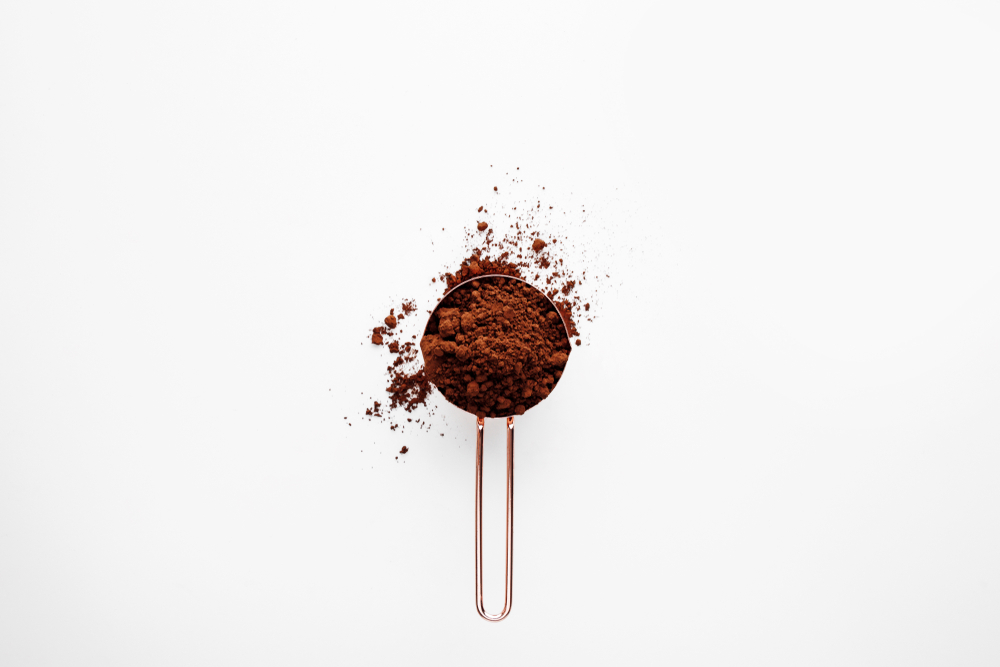
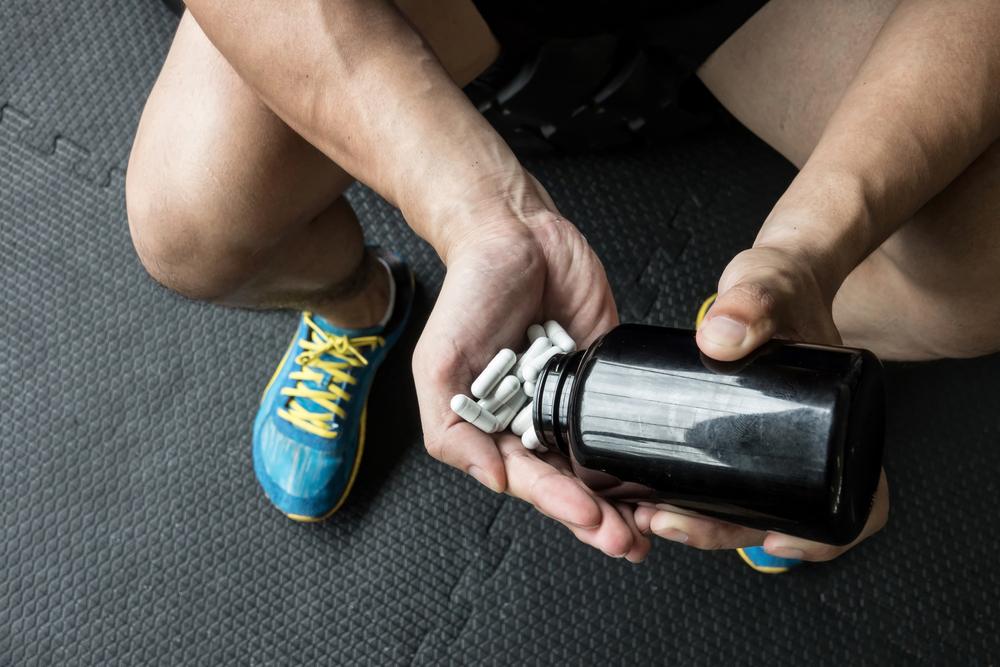

No Comments yet!